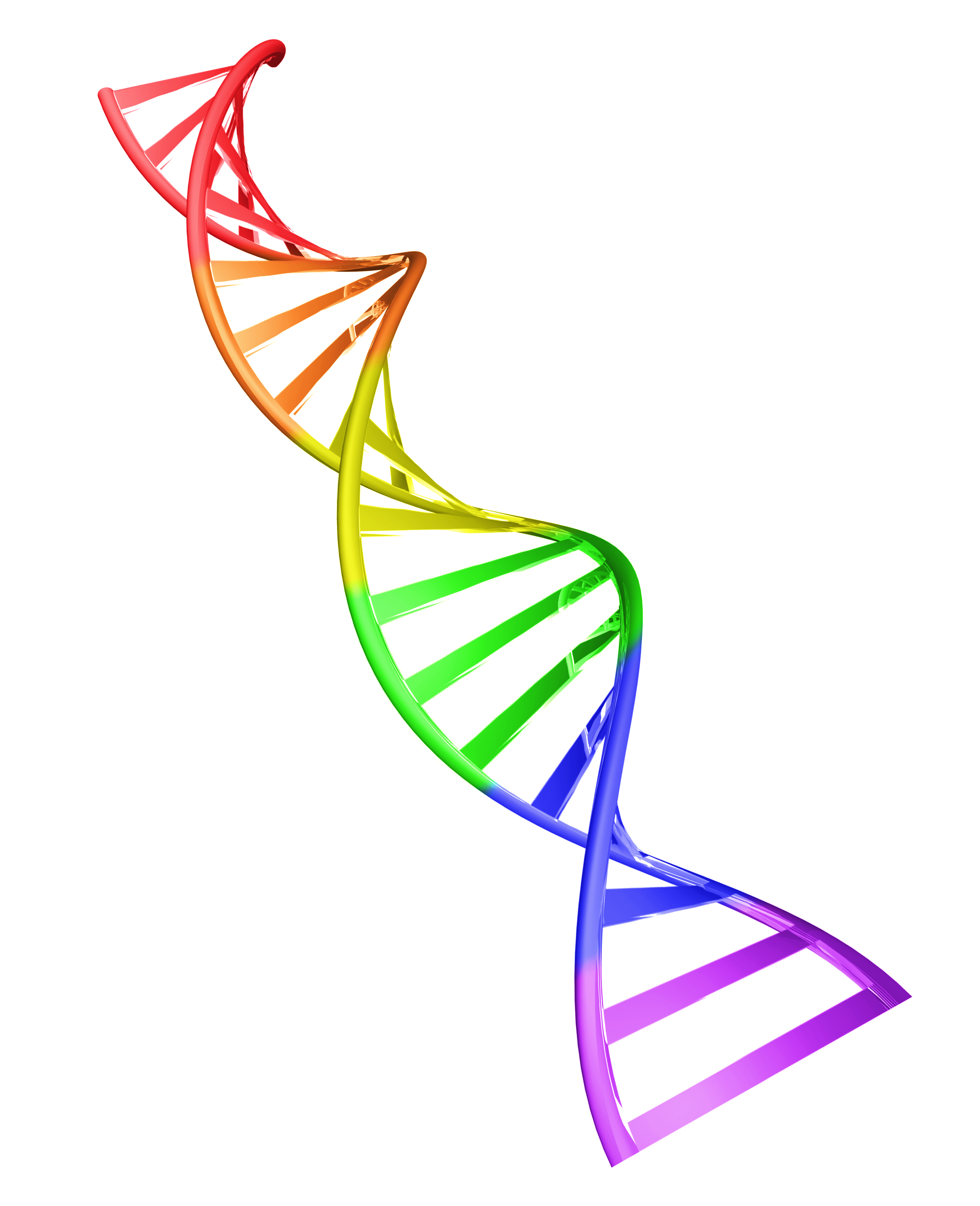Emerging technologies, eugenics and disabled communities
By Zarya Shaikh,
Queer Diagnosis
| 09. 01. 2022
In our first episode of Season 3, Connor McAlister (he/they) contemplates the impact of emerging technologies, including CRISPR, on disabled communities. We learn about the eugenicist implications of conservatorships highlighted by the Free Britney movement. Connor McAlister is a graduate student studying Bioethics at Stony Brook University. You can follow them @definitelynotbroccoli on Instagram! Consider making a donation to the Queer Diagnosis Scholarship Fund and checking us out at QueerDiagnosis.com. You can find us @QueerDiagnosis on Instagram/Twitter.
Related Articles
By Liyan Qi and Jonathan Cheng, The Wall Street Journal | 03.26.2025
photo via Wikimedia Commons licensed under CC by 3.0
Chinese scientist He Jiankui set off global outrage and landed in prison after he skirted ethical guidelines and claimed he had produced genetically modified babies designed to resist HIV infection.
Now, the self-styled ...
By Carsten T. Charlesworth, Henry T. Greely, and Hiromitsu Nakauchi, MIT Technology Review | 03.25.2025
Why do we hear about medical breakthroughs in mice, but rarely see them translate into cures for human disease? Why do so few drugs that enter clinical trials receive regulatory approval? And why is the waiting list for organ transplantation...
By Anna Louie Sussman, The New York Times | 03.25.2025
On June 24, 2022, the same day the Supreme Court issued its decision in Dobbs v. Jackson Women’s Health Organization, I received a call from the fertility clinic where I’d been undergoing in vitro fertilization, informing me that seven of...
By Michael Gibney, PharmaVoice | 03.20.2025
The death this week of a teenager receiving Sarepta Therapeutics’ gene therapy Elevidys for Duchenne muscular dystrophy is a tragic reminder of the stakes involved in cutting-edge biotech innovation.
While gene therapies like Sarepta’s offer an opportunity to treat and...




